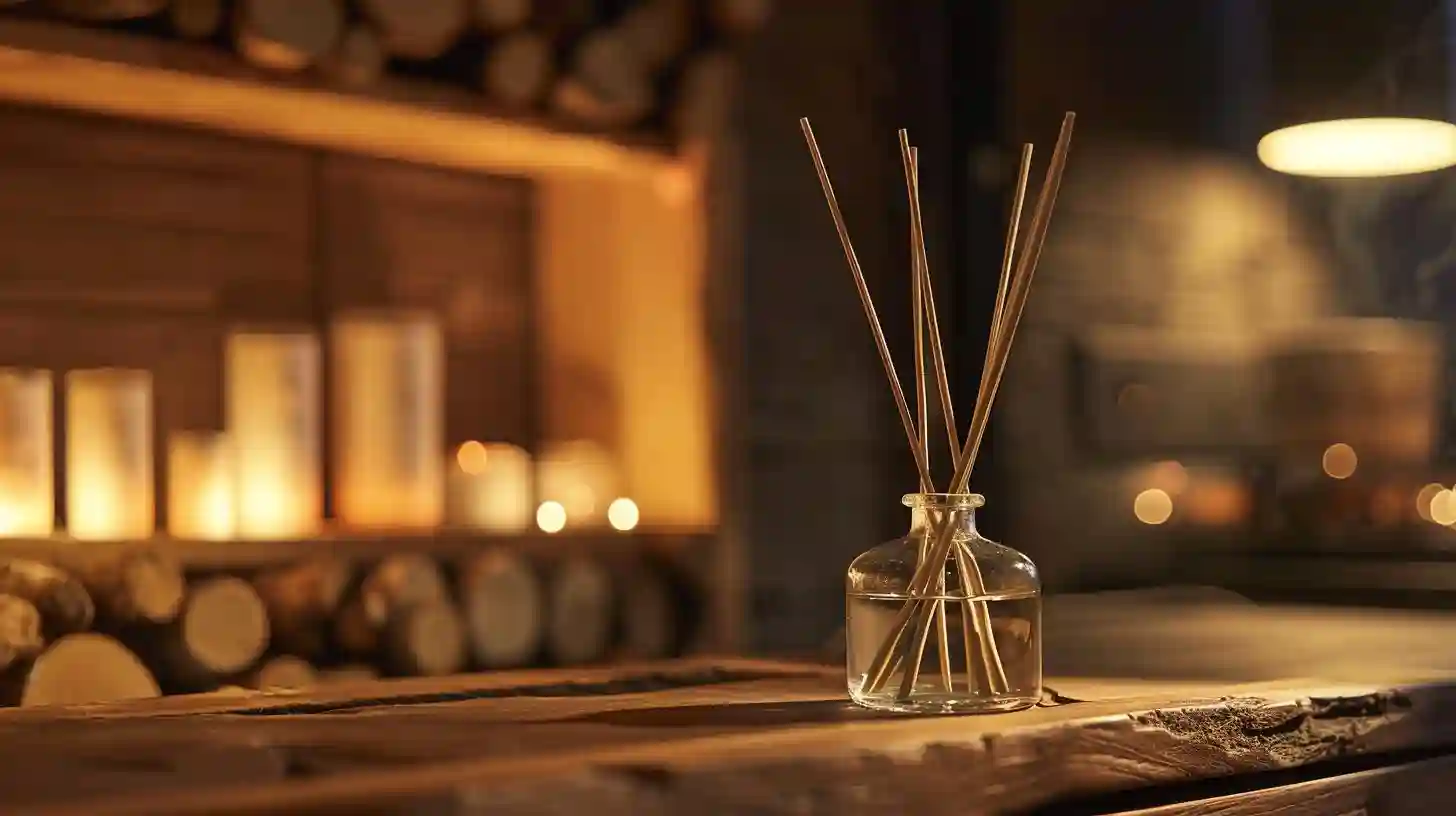
Aromatherapy is a holistic healing treatment that uses natural plant extracts to promote health and well-being. It has been practiced for centuries in various cultures around the world, including Ancient Egypt, Greece and China. The therapeutic use of essential oils derived from plants is known to have profound effects on the mind, body and spirit. Aromatherapy is often used in combination with other complementary therapies such as massage, acupuncture and meditation to enhance their effectiveness.
The role of aromatherapy is to use the healing properties of essential oils to improve physical, emotional and mental health. Essential oils are highly concentrated plant extracts whose medicinal properties have been used for centuries. They are obtained through a process of distillation or expression from various parts of plants, including flowers, leaves, roots and bark. Essential oils contain chemical compounds that interact with the body at the cellular level, promoting relaxation, reducing stress and increasing immunity.
Aromatherapy works by stimulating the olfactory system, which is connected to the limbic system of the brain. The limbic system is responsible for regulating emotions, memory and behavior. When essential oils are inhaled, they travel through the olfactory nerves to the limbic system, where they can have a direct effect on our thoughts, feelings, and physiological responses. This is why certain scents can evoke memories, trigger emotions, or induce a state of relaxation or alertness.
There are various ways to use aromatherapy to promote health and well-being. One of the most common methods is inhalation, by diffusing essential oils into the air or inhaling them directly from a bottle or tissue. Aromatherapy diffusers come in many forms, such as ultrasonic, mist or heat, which disperse essential oils into the air for inhalation. Inhaling essential oils can help relieve stress, anxiety and depression, improve focus and concentration, and increase energy levels.
Another way to use aromatherapy is topical application, by diluting essential oils in a carrier oil and massaging them into the skin. This method allows essential oils to be absorbed through the skin and into the bloodstream where they can exert their therapeutic effects. Essential oils can be applied to specific areas of the body, such as pulse points, temples, or reflexology points, to address specific health concerns such as headaches, muscle pain, or digestive problems.
Aromatherapy can also be incorporated into other holistic treatments such as massage, acupuncture or yoga to enhance their benefits. For example, aromatherapy massage combines the healing touch of massage therapy with the therapeutic properties of essential oils to promote relaxation, relieve muscle tension and improve circulation. Acupuncturists may use essential oils during acupuncture treatments to improve the flow of energy through the body and balance the meridians. Yoga practitioners can diffuse essential oils in their practice space to create a calming or energizing atmosphere and improve the mind-body connection.
In addition to inhalation and topical applications, aromatherapy can also be used in home care products such as bath salts, body lotions, candles and room sprays. These products are infused with essential oils that give them a therapeutic effect and create a sensory experience that promotes relaxation and well-being. For example, lavender essential oil is known for its calming and sleep-inducing properties, making it ideal for use in bath salts or room sprays to promote restful sleep. Peppermint essential oil is invigorating and refreshing, making it a popular choice for shower gels or body lotions to boost energy and focus.
When using aromatherapy, it is important to choose high quality essential oils that are pure, therapeutic grade, and free of synthetic additives and contaminants. Essential oils are potent substances that should be used with caution and respect as they may cause skin irritation or allergic reactions in some people. It is recommended that you perform a patch test before topical application of a new essential oil and consult with a qualified aromatherapist or healthcare professional before using essential oils during pregnancy, nursing, or on children.
Aromatherapy is a versatile and powerful treatment that can improve physical, emotional and mental well-being. Using the natural healing properties of essential oils, aromatherapy offers a safe and effective way to relax, reduce stress, boost immunity and improve overall quality of life. Whether used on its own or in combination with other complementary therapies, aromatherapy has the potential to support holistic health and wellness for people of all ages and backgrounds.